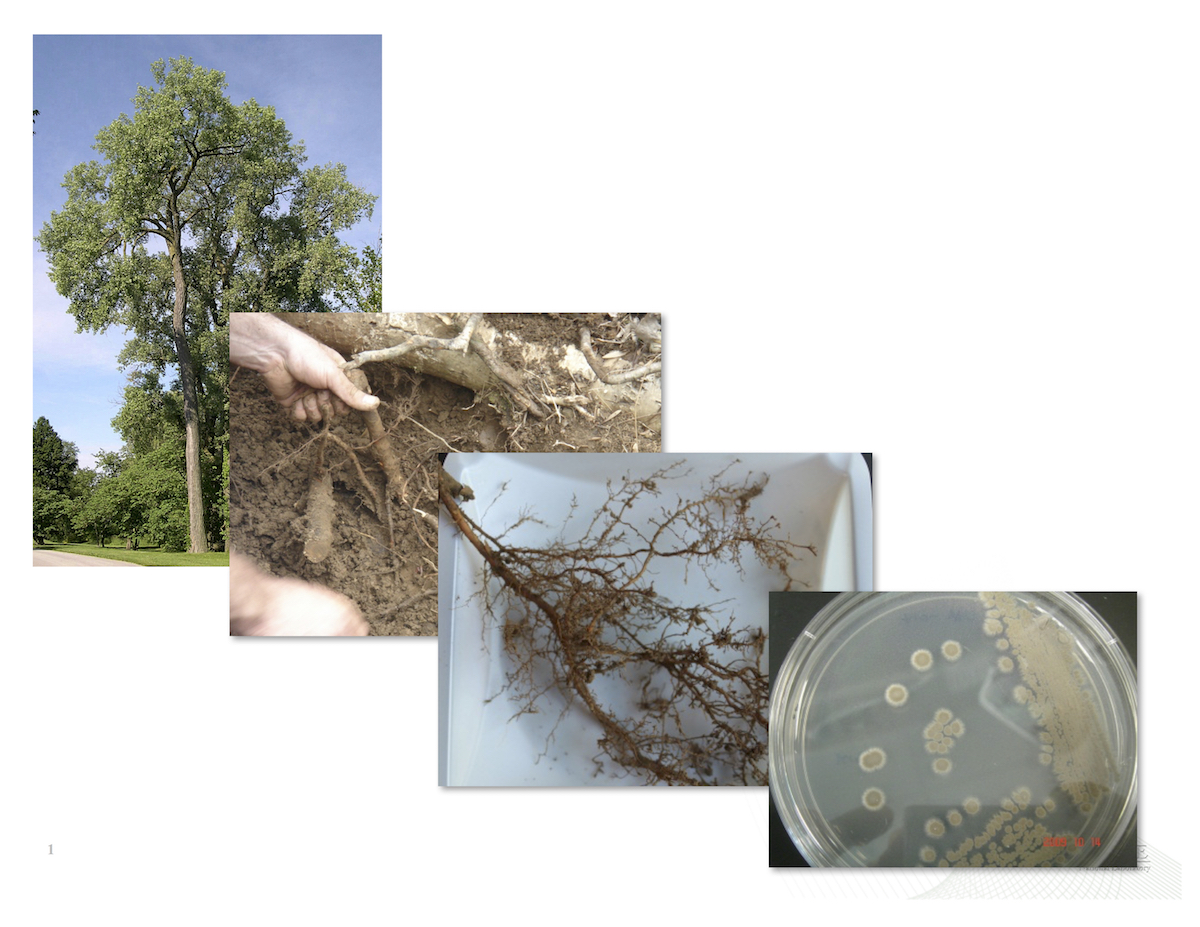DOE Performance Metrics FY2018 – Plant Microbe Interfaces
FY 2018 Performance Metric: Using genomics-based techniques, develop an approach to explore the functioning of plant-microbe interactions.
The Plant-Microbe Interfaces (PMI) project is a Scientific Focus Area directed towards understanding the dynamic interface that exists between plants, microbes and their environment. Effective extrapolation of the roles of organisms in complex native settings will require understanding the correlations between inherent characteristics of the organisms involved and the ways that information, energy, and materials are exchanged among and between interacting consortia, including the plant host. Understanding this dynamic interface is the long-term goal of PMI.
Populus serves as the host plant system in our efforts and is ideal for examining interfaces between plants and microbes. Populus, as a dominant perennial component of temperate forests, has the broadest geographic distribution of any North American tree genus and is the model woody perennial organism. Populus was chosen as the first tree genome to be sequenced (Tuskan et al., 2006), and numerous tools for manipulating its genetics and physiology are available. Further, Populus is a leading candidate for bioenergy production and provides researchers with ecosystem-scale insights into the central role of plants in carbon sequestration and cycling in terrestrial ecosystems. Populus also is among only a few plant species that host both endo- and ectomycorrhizal fungal associates. Numerous other types of microorganisms can be found within, or closely associated with, various Populus tissues, and these organisms may range from highly beneficial to pathogenic with respect to host fitness. Ultimately, an improved fundamental understanding of plant-microbe interfaces will enable the use of indigenous or engineered systems to address challenges as diverse as bioenergy production, environmental remediation, and carbon cycling and sequestration.
Genomics-based techniques underpin our research efforts and enable mechanistic understandings that facilitate biofuels development and predictive knowledge of carbon and nutrient cycling in the environment. Through iterative systems biology approaches, we are revealing the components and mechanisms that lead to function across the many spatial and temporal dimensions of the plant-microbe interface.
FY2018 Quarterly Targets
Q2: Describe progress towards understanding fungal relationships with plants (Mar 2018).
End-Of-Year Report: Summarize progress on understanding plant-microbe interactions (September 2018).



